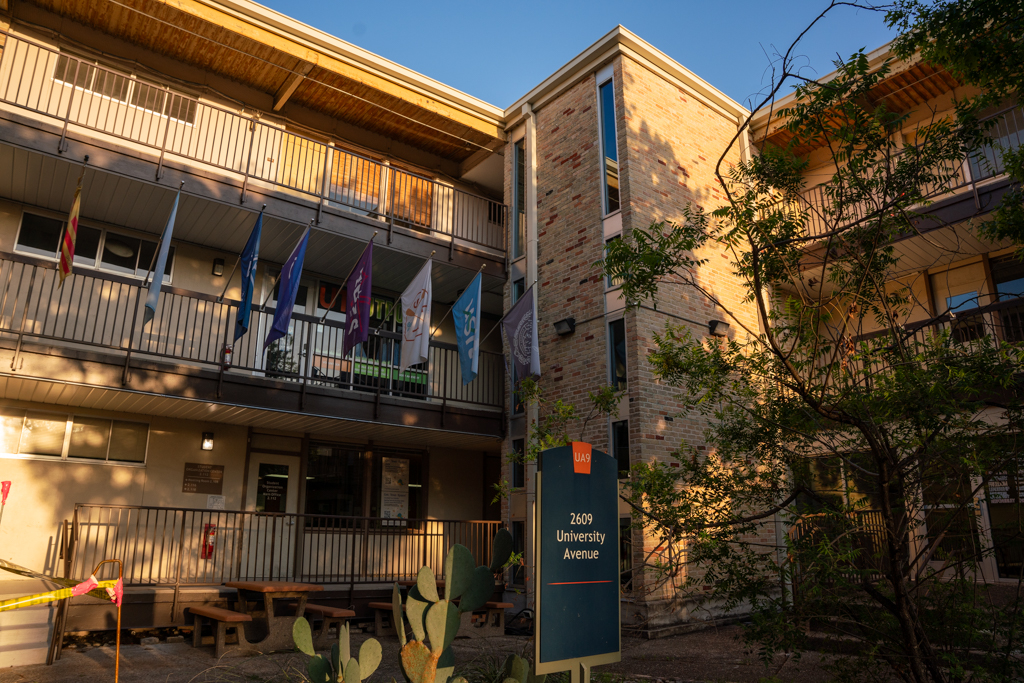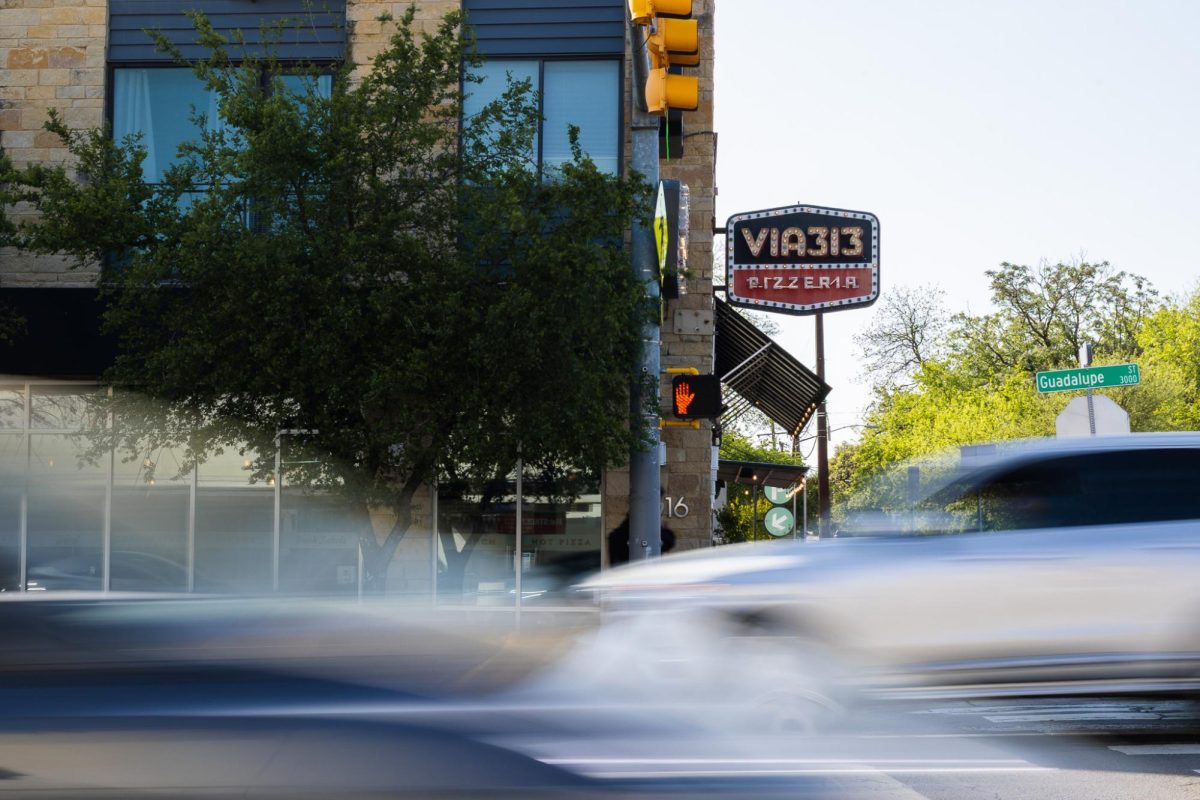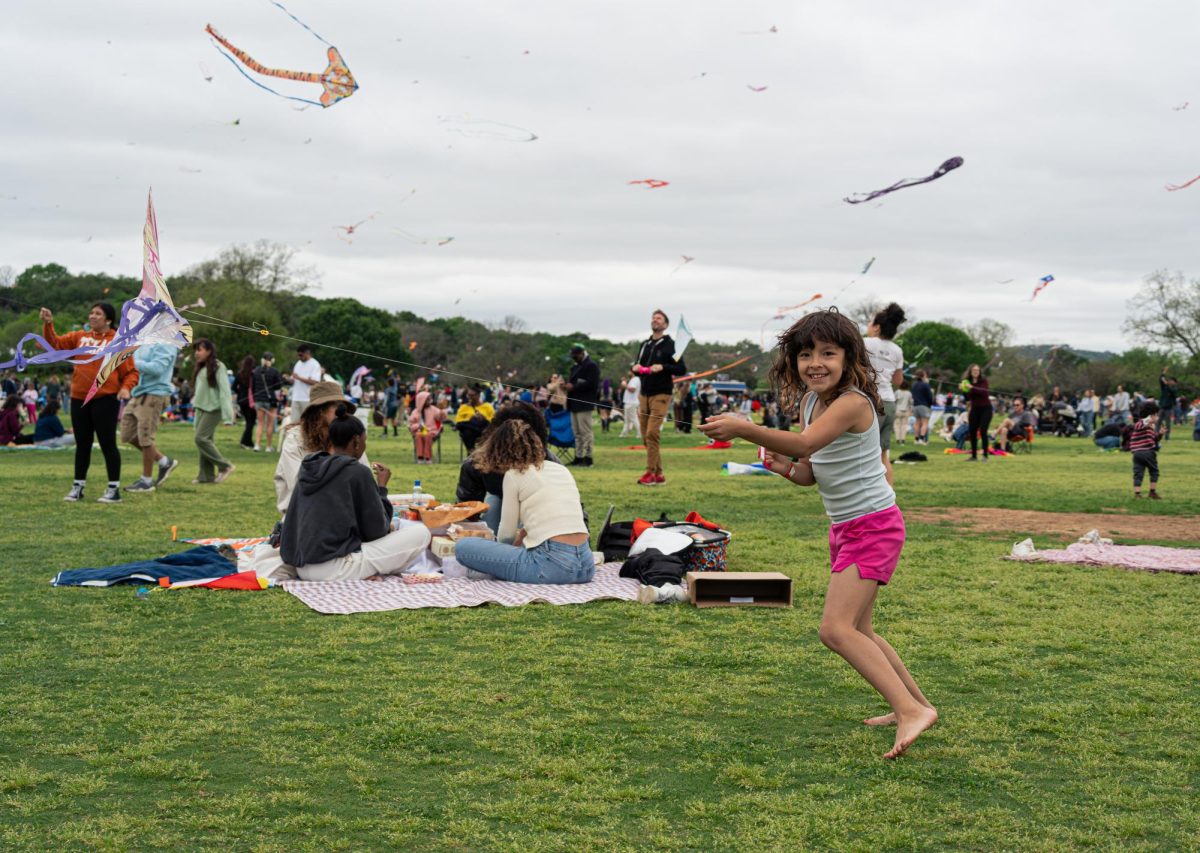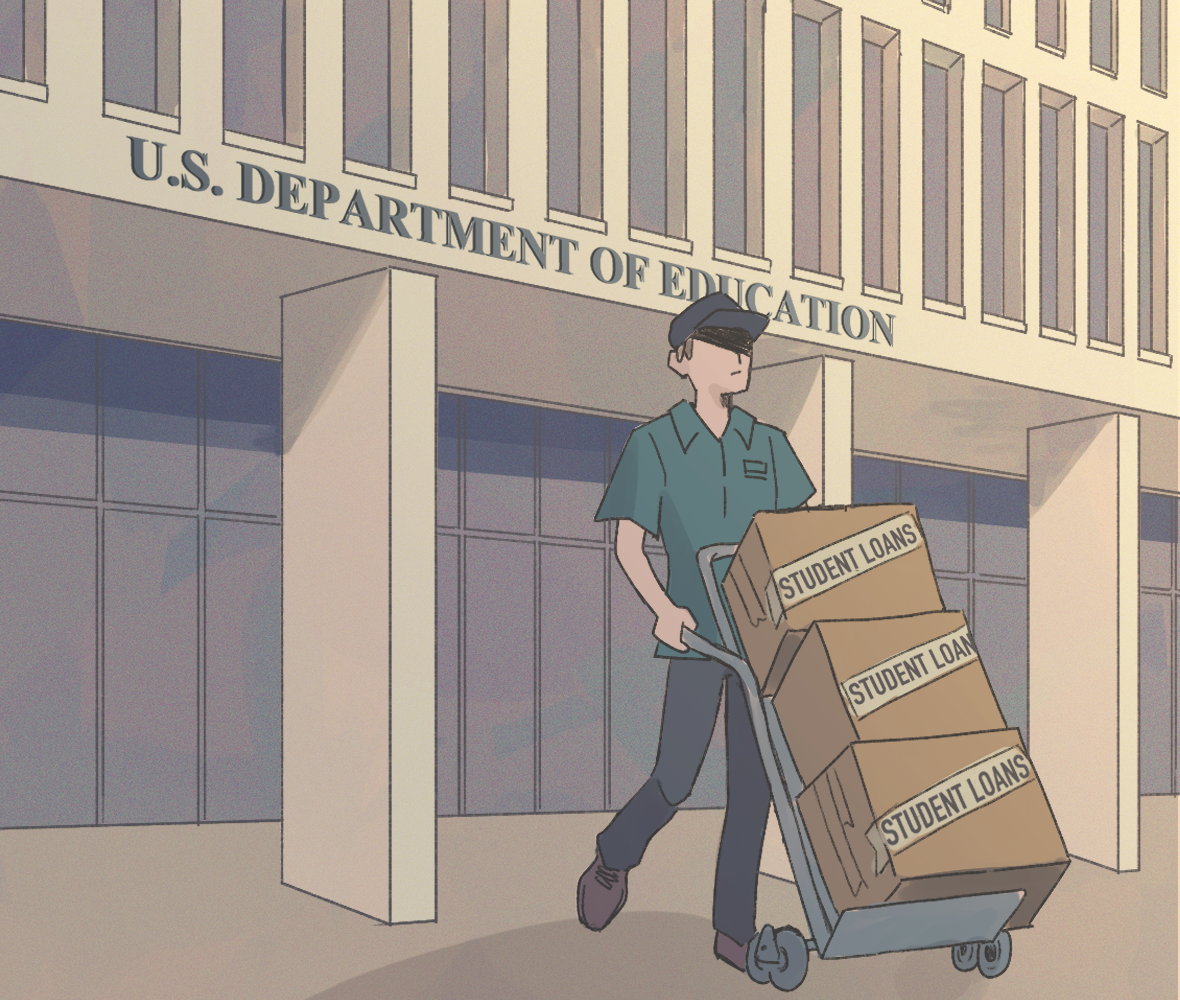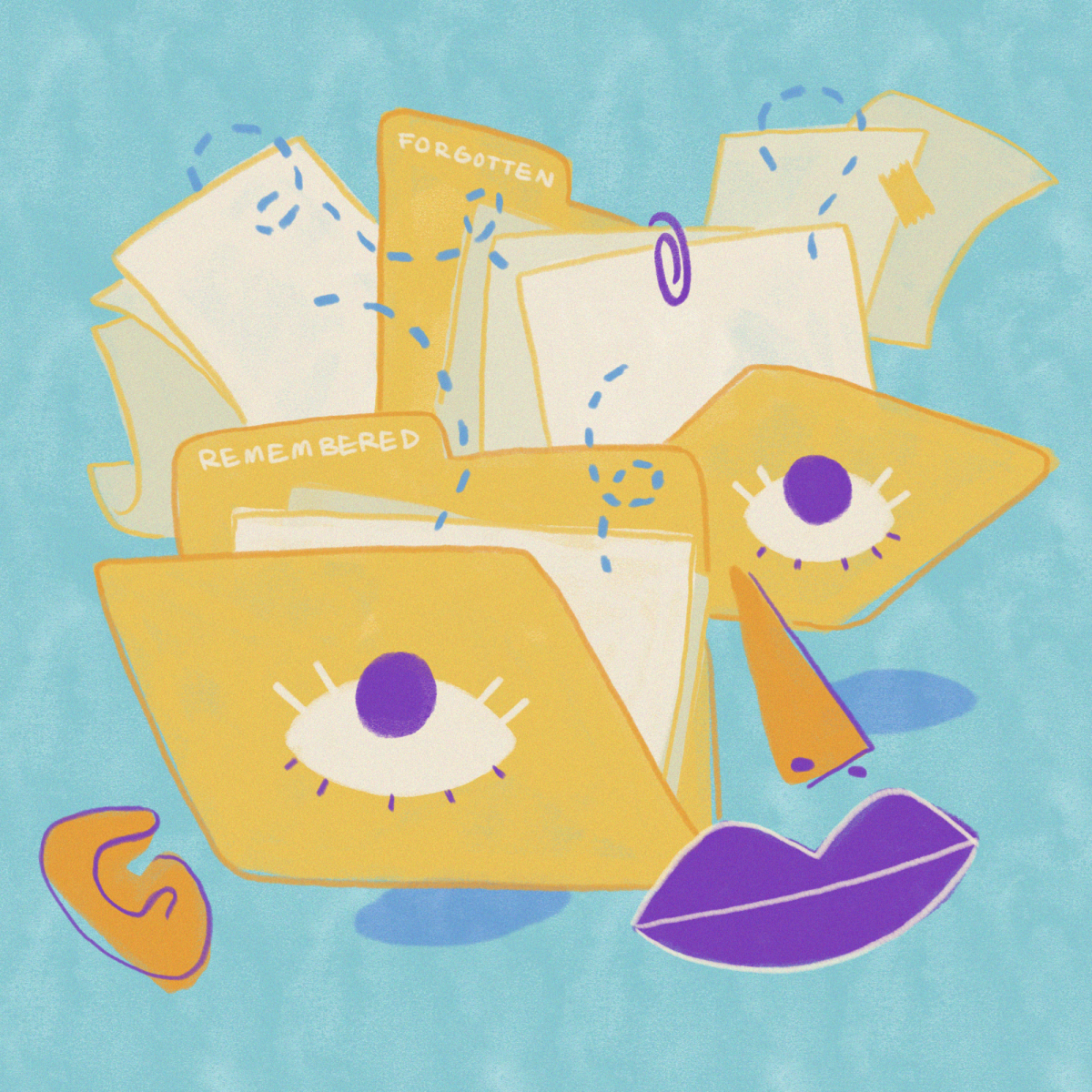Update (Thursday 1:56 p.m.):
Mayor Steve Adler has issued a disaster declaration for the City of Austin for the next seven days. This follows similar recent declarations by the City’s state and county partners.
The declaration allows the City to request funding and reimbursement for weather-related emergencies and activates all recovery and rehabilitation plans of emergency offices in Austin.
Meanwhile, UT has added water distribution locations at the Pickle Research Center and is now allowing students to take two bottled waters instead of one.
In an email, Jimmy Johnson said students can now get bottled water at the Applied Research Laboratories lobby, the Center for Electomechanics front desk, the J. Neils Thompson Commons Building at the Commons Conference Center Guest Services and the West Pickle Research Building front desk.
Johnson said these locations will distribute water from 8 a.m. to 4 p.m. to students who present their UT ID. Previously, the University was offering one bottle of water per student, but now students will be able to claim two bottles, Johnson said.
“We were able to do this after securing commitments for regular water deliveries to the University from our vendors and making sure there were adequate supplies for students who reside on campus,” Johnson said. “Now there is enough being delivered daily that we are comfortable offering you two bottles per visit to distribution stations on the main and PRC campuses.”
Update (Wednesday 1:16 p.m.): The boil notice issued by Austin Water is now mandatory after the contamination levels briefly exceeded state standards.
The boil notice was previously a precautionary measure, but the notice became mandatory after the water exceeded the Texas Commission on Environmental Quality standards of contaminants present in the water late Tuesday evening.
The levels have since returned to the same levels seen previously in the water, according to KUT.
Update (Tuesday 4:49 p.m.):
Austin city manager Spencer Cronk said Austin residents were doing a good job of conserving water as mandated.
“The good news is, you heard us, and it’s working,” Cronk said. “We have no indication at this point that this is a long term issue.”
Mayor Adler urged those in Austin to continue conserving, and pointed out that there was no water shortage. Adler said the city is now producing more clean water than is being consumed.
Greg Meszaros, director of Austin Water, said there were improvements in raw water quality over the past 24 hours. He said there is no need to flush out pipes after the boil water notice is lifted.
“Our plants are reliably treating enough water to meet the demand and to make sure the reservoirs are filling up,” Meszaros said. “The one variable we can’t control is the weather.”
Stephanie Hayden, director of Austin Public Health, said the city was in constant communication with all food establishments.
“We are working with 311, so individuals who have a concern about restaurants they visit can call 311 and make a service request or complaint,” Hayden said.
The city and county are making arrangements to provide extra water for those with special needs, who are unable to boil water, or need bottled water for work.
“This is obviously an inconvenience for all of us, but we’re a community that pulls together,” Adler said.
Update (Tuesday 4:35 p.m.): Director of Austin Water Greg Mezaros, Austin city manager Spencer Cronk, Austin mayor Steve Adler and other city officials held a news conference on the Austin boil notice 3:30 p.m. Tuesday.
During the conference, Adler said the city is now producing 108 million gallons per day of clean water, which is more than is being consumed. Adler said he anticipates the boil water notice will end by this weekend.
“The more people conserve, the sooner we’re going to be able to get out of the water boil situation we’re in,” Adler said.
Update (Tuesday 3:05 p.m.):
The University is offering free bottled water to students as the boil water notice continues to be in effect.
Students can receive a free bottle of water at the Recreational Sports Center, Gregory Gym, Student Services Building and The Texas Union, from 3 p.m. to 5 p.m. Tuesday and 8 a.m. to 5 p.m. in the days ahead while supplies last.
“Just show your UT ID, and we will give you a bottle of water,” said Jimmy Johnson, assistant vice president for campus safety, in an email to students.
Johnson said the Housing and Dining and Union facilities are operating normally, but students should still try to bring their own water and food with them to campus.
The City of Austin also issued restrictions on outdoor water use, which the University is complying with, Johnson said.
“You can help too by taking less time to shower, not washing your cars and seeking to minimize overall water use,” Johnson said.
Update (Tuesday 1:28 p.m.):
There are now conflicting reports about when the boil notice will end. Austin Water, which is a separate governmental entity from the Travis County Office of Emergency Management, has reported that the water issues could last only "a handful of days."
"Much of that estimate, however, depends on variables such as weather and consumption demands," Austin Water director Greg Meszaros said in a statement on Twitter. "We continue to make long-term plans in the event this situation isn't quickly resolved. We will continue to monitor the situation and ask that the public continue to be diligent in reducing their water usage."
Travis County officials said earlier this morning that the issues could last up to two weeks.
Update (Tuesday 12:49 p.m.):
Eric Carter, the Travis County chief emergency management coordinator, told County Commissioners that the City of Austin is not in a water shortage.
“We aren’t necessarily at a water shortage,” Carter said at the Commissioners meeting Tuesday. “We just have a situation where we have to take an extra step to make sure our water is safe to drink.”
Carter said the increased flow of water through Lake Travis caused increased turbidity, meaning there is more silt and debri floating in the water. Carter said the City is prioritizing the ability to maintain adequate fire fighting water pressure.
Travis County Judge Sarah Eckhardt told residents to be mindful about boiling water instead of purchasing bottled water from stores.
“There have been some panicked runs on bottled water,” Eckhardt said. “I would like to expressed to the Travis county population that for those of you who can boil water, please do. Don’t use bottled water.”
Carter said as the City orders shipments of water, it is focusing on helping institutions that do not have the alternative to boil water, such as hospitals, schools and jails.
“The large majority of residents should be able to boil some water and keep themselves safe,” Carter said. “There is not mud coming out of the sink as far as I’ve seen. It’s just a precaution.”
Update (Tuesday 10:15 a.m.):
Eric Carter, the Travis County emergency management coordinator, told the County Commissioners Tuesday morning that the boil notice could last 10-14 days. Carter said the water crisis is affecting at least 888,000 people in the Austin.
Update (Monday 5:26 p.m.):
The City of Austin said the boil water notice is remaining in effect as of 4 p.m. Monday because there is an urgent need for customers to reduce their water use. The City has not yet said when the notice will end.
Austin water treatment plants can treat and dispense 105 million gallons of water per day at the moment, but the current customer use is about 120 million gallons, according to the notice.
“Water reservoir levels are reaching minimal levels,” the notice said.
Residents need to reduce water consumption by 15-20 percent to avoid running out of water, the notice said.
“This is an emergency situation,” the notice said.
At local grocery stores, water is selling out. H-E-B on 41st St. no longer has water on the shelves but is distributing cases of bottled water to customers waiting in a line. Each customer is limited to four cases of water.
H-E-B on 7th St. is out of cases of bottled water but is still selling gallons of water to customers.
“It has died down but people are still trying to buy what they can,” a customer service representative said of the rush to get water.
Update (Monday 1:34 p.m.): Austin Starbucks locations have halted coffee and espresso service due to the boil notice. Stores will not serve handcrafted beverages, but they will remain open to serve pre-bottled drinks and food. Jester Java, the Student Activity Center and the 24th Street Starbucks will remain open. Kins Coffee, the Starbucks in the Texas Union and the Starbucks in Target are closed due to the boil notice.
Travis County Emergency Operations Center has prohibited all outdoor water use until further notice.
“The emergency water use restrictions are necessary to ensure water is available for firefighting and basic needs,” the release said.
Residents cannot use water for irrigation, wash vehicles, add water to pools or operate an ornamental fountain, according to the release.
Jimmy Johnson, assistant vice president for campus safety, emailed students saying the University has no plans to cancel classes, and students should continue following the instructions of the boil notice and boil water before drinking it, cooking with it or brushing their teeth.
“If you live off campus, you should bring any water that you may need during the day with you,” Johnson said. “On-campus dining halls are open and providing bottled water to their customers.”
Johnson said building managers and Facilities Services are covering campus water fountains and said students should conserve as much water as possible to help the city and the University manage their water supply. The University is working on plans to provide bottled water stations on campus, Johnson said.
“After learning from city officials about the notice this morning, the university immediately began developing contingency plans to provide bottled water at stations on campus,” Johnson said. “We will share more information about those plans once they are set.”
Original story: The City of Austin issued a boil water notice Monday, telling residents to boil and cool water before using it for drinking, cooking or making ice.
“The notice is being issued as the utility works to stabilize the water treatment system,” the notice from the city said. “Austin Water will notify residents when the water is safe for consumption and it is no longer necessary to boil the water.”
Recent flooding caused high levels of silt to flow into the water supply lakes, making it difficult for water plants to produce enough treated water for Austin residents, according to the notice.
Residents are instructed to allow the water to come to a rolling boil for three minutes before allowing it to cool, which will ensure that harmful bacteria and microbes are destroyed, according to the notice.
“Inadequately treated water may contain harmful bacteria, viruses, and parasites which can cause symptoms such as diarrhea, cramps, nausea, headaches, or other symptoms,” the notice said. “It’s important to note that there have been no positive tests for bacterial infiltration of the system at this time.”
Boil notices usually only last 24 to 48 hours, but updates will be posted daily at 4 p.m. about the actions being taken to treat the water and how long the notice will last, the notice said. In the meantime, the San Antonio Water System is sending 5,125 gallons of water to Austin to help with any water shortages.
“We think an important part of our work is to help folks that are in need,” SAWS spokeswoman Anne Hayden said. “We are happy to help our neighbors in Austin.”
The water should be arriving early this afternoon and will include a 125 gallon “water monster” that Hayden said would be centrally located in the city for those in need of water.
Jimmy Johnson, assistant vice president for campus safety, said in an email to students they should not to drink from any sinks, water fountains or showers.
“We realize this is a great inconvenience, but these precautions are necessary in the wake of the central Texas flood situation,” Johnson said in the email.
According to the notice, the water is safe for doing laundry and bathing. When washing dishes, residents should use hot, soapy water and rinse with boiled water, the notice said.
Student body president Colton Becker said the Office of Campus Safety is working on getting bottled water to students.
This story will be updated with more information as it becomes available.










